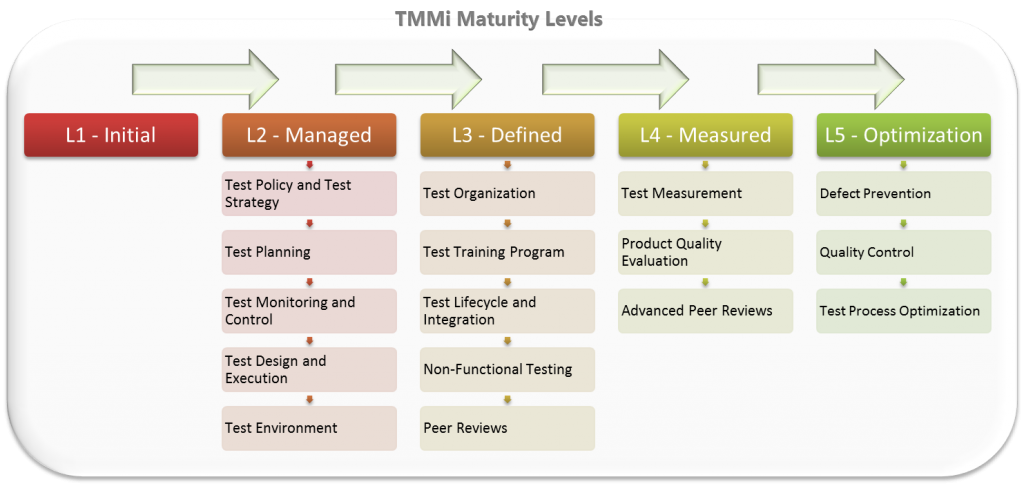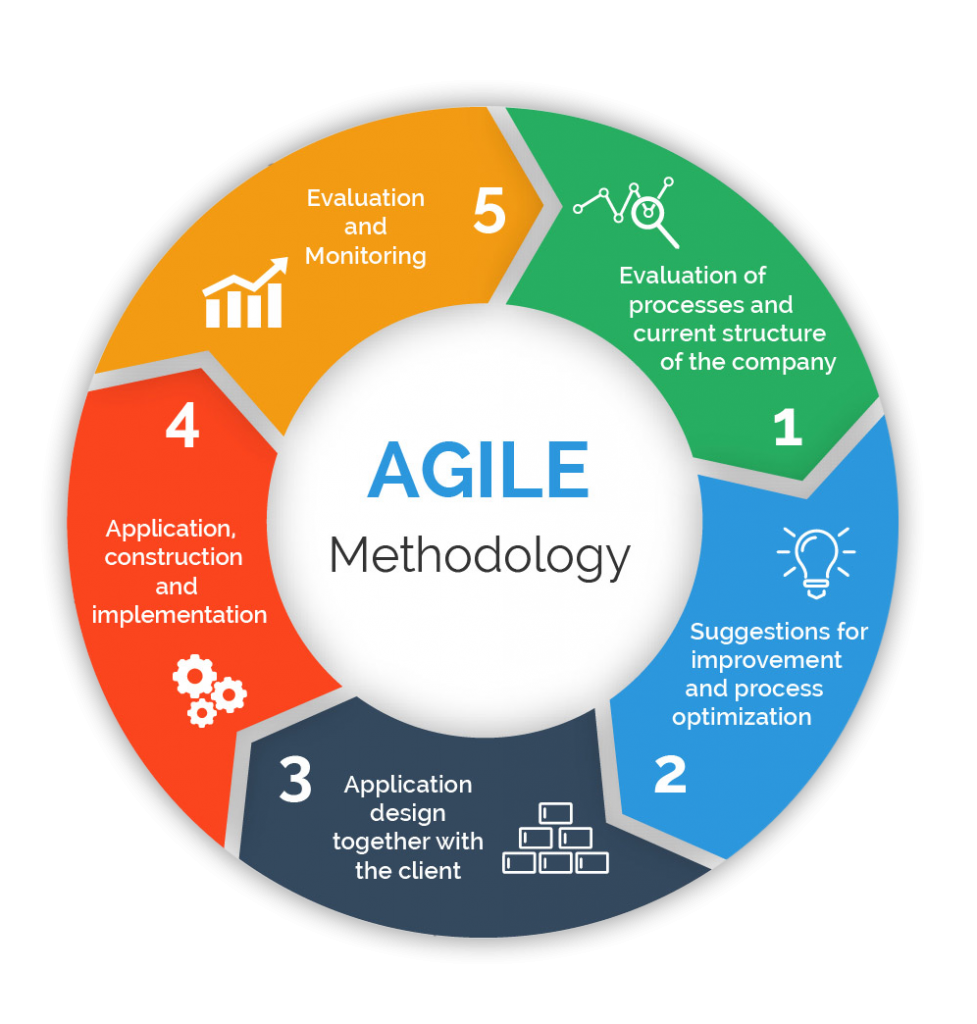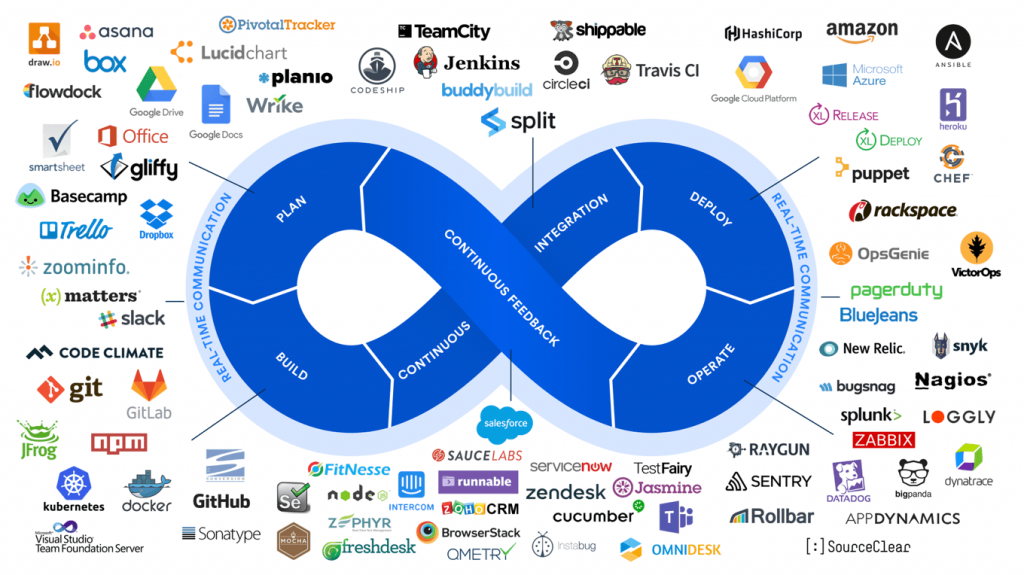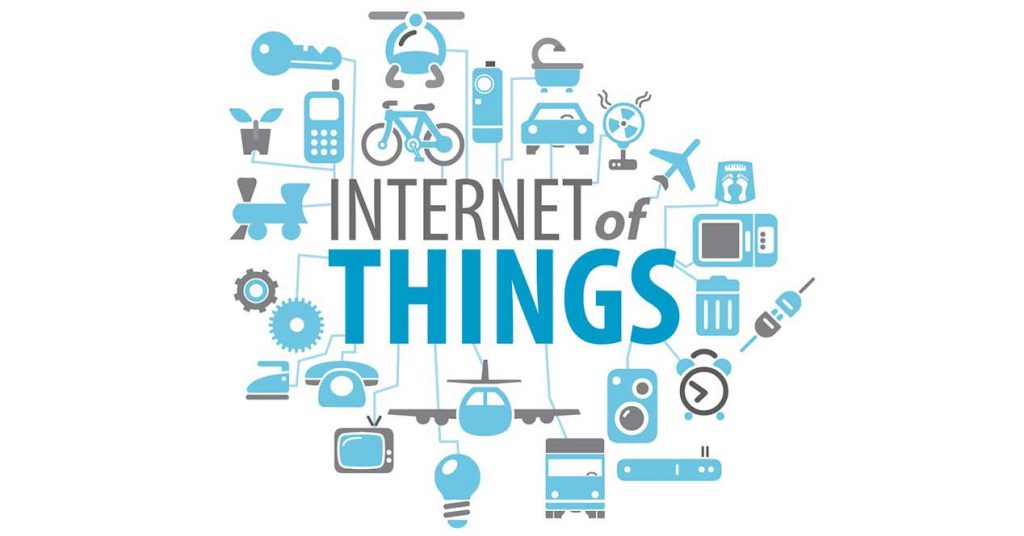Testing Team Setup
What is about?
Building a new Software Testing team, in waterfall, V-model, Agile or other environment, can be a daunting task. Do not just move people and process around with no real direction or goal. This approach can lead to confusion and resentment within your software development and Test/QA teams, creating division and loss of productivity. Our Consulting will define and create the optimal software Test/QA team that fits your products, people, and culture. Like other production pipelines, Test/QA has its own pipeline. Our Consulting can help you build a fast and reliable Test/QA Automation and/or Manual Pipeline.
What toll is this implementation or development project going to take on your team of experts? Your department’s budget? Your other priorities? Let us help you assess those demands and give you support as needed. At every stage of your project it’s important to make sure your actions are still keeping you on path to your goal. Any big initiative or change has the potential to be a learning experience for everyone involved. We help our partners look beyond the details to maximize the full potential of each project, both in its deliverable outcomes and its impact on the team.
Alignment of the Test strategy to your business goals is critical to ensure the Test / QA enterprise delivers on the dynamic expectations of the business. While the quality of your applications is an essential metric for the Testing enterprise, it also must focus on continuous improvement and be ready for future technologies.
At SO Testing, we help you transform your Test Team to a next-generation organization by setting up a Testing Team of Excellence (TToE).
What we can offer
As consultants, we help you define the goals of your software development. You’ll identify the key performance indicators for the project and set standards for its function and launch. By helping our clients assess clearly both their needs from a software and the demands of implementing a given solution, we help them pick the right partner, whether it’s a custom software developer or a vendor of a commercial off-the-shelf (COTS) option.
Our TToE services will help you set up your Test Team of Excellence from scratch and work closely to come up with the overall vision, roadmap, and structure for the TToE. With the experience of guiding global enterprises in their TToE set up along with running their TToE on an ongoing basis, SO Testing brings in unmatched value as a Test/QA partner.
SO Testing works as an extended Testing arm with your development team within the ambit of TToE and sets up the required technical TToE at the ground level. With a pool of skilled testing resources, onsite and offshore, SO Testing provides you the agility you need to meet the business demands at competitive cost proposition.
- Industry thought leadership in Test/QA aligning to latest frameworks, like CMMi, ISO, and TMMi
End to end testing services experience with expertise on all industry-leading tools - Pre-designed TToE framework with a focus on building test assets for processes, templates, in-house accelerators, domain and technology knowledge, IP etc.
Risk management means rigorous testing of the application to ensure no threats to security or functionality make it to launch. The source of every problem must be located and solved, not just worked around.
- Dedicated test labs in the New Zealand to meet your needs based on your requirements offer compelling value proposition
- In-house frameworks, accelerators, and tools that can be readily deployed to set up the TToE
- Align seamlessly with your DevOps function, development methodology, and processes
- Skilled pool of resources and flexibility for quick ramp and ramp down

Continuous Integration (CI) Testing
What is about?
Continuous Integration (CI) is a development practice where developers integrate code into a shared repository frequently, preferably several times a day. Each integration can then be verified by an automated build and automated tests. While automated testing is not strictly part of CI it is typically implied.
Continuous Integration is preferred by software teams because it allows daily constant feedback in development from all contributors, while it’s easier to catch and resolve bugs early on in the process. In turn, this ideally leads to Continuous Delivery — since builds are constantly managed and shipped regularly, new features can be delivered to the end user on a daily or weekly basis instead of a quarterly or yearly one. One of the key benefits of integrating regularly is that you can detect errors quickly and locate them more easily. As each change introduced is typically small, pinpointing the specific change that introduced a defect can be done quickly.
- Continuous Integration
- is the practice of integrating changes from different developers in the team into a mainline as early as possible, in best cases several times a day. This makes sure the code individual developers work on doesn’t divert too much. When you combine the process with automated testing, continuous integration can enable your code to be dependable.
- Continuous Deployment
- is closely related to Continuous Integration and refers to keeping your application deployable at any point or even automatically releasing to a test or production environment if the latest version passes all automated tests.
- Continuous Delivery
- is the practice of keeping your codebase deployable at any point. Beyond making sure your application passes automated tests it has to have all the configuration necessary to push it into production. Many teams then do push changes that pass the automated tests into a test or production environment immediately to ensure a fast development loop.
In recent years CI has become a best practice for software development and is guided by a set of key principles. Among them are revision control, build automation and automated testing.
Additionally, Continuous Deployment and Continuous Delivery have developed as best-practices for keeping your application deployable at any point or even pushing your main codebase automatically into production whenever new changes are brought into it. This allows your team to move fast while keeping high quality standards that can be checked automatically.
Everyone accepts that Agile and DevOps are all about change—transforming Dev/Ops people, processes, and technologies to deliver innovative software as rapidly as possible. In spite of all this change, one thing tends to remain the same: the software testing process. One recent study reports that 70% of organizations have adopted Agile, but only 30% automate testing. A separate study found that while Agile adoption is now near 88%, only 26% of Agile organizations have broadly adopted test automation.
Executed correctly, Continuous Testing serves as the centerpiece of the agile downstream process – executing automated tests as part of the software delivery pipeline in order to provide risk-based feedback as rapidly as possible. Mastering Continuous Testing is essential for controlling business risk given the increased complexity and pace of modern application delivery.
What we can offer
Continuous Testing is the process of executing automated tests as part of the software delivery pipeline in order to obtain feedback on the business risks associated with a software release candidate as rapidly as possible. It evolves and extends test automation to address the increased complexity and pace of modern application development and delivery.
While Continuous Integration is primarily a tool-driven activity and Continuous Delivery is a tool- and team-driven activity, Continuous Testing involves tools, teams, individuals, and services. Building and integrating code changes is certainly important. However, if the automated delivery process cannot identify how changes impact business risk or disrupt the end-user experience, then the increased frequency and speed of Continuous Integration and Continuous Delivery could become more of a liability than an asset.
- Designing the most efficient set of tests and test data required to achieve the maximum business risk coverage, then delivering test results that report on business risks
- Creating UI- and API-level tests that are resistant to insignificant changes and easy to update for intentional changes
- Ensuring that rapidly-evolving applications don’t result in overwhelming false positives and burdensome test maintenance
- Executing tests continuously, without environment instability and test data availability issues Rapidly exposing (and reliably reproducing) risks beyond the reach of automated testing Integrating functional testing into the software delivery pipeline and DevOps toolchain

Test Management
What is about?
The right Test/QA management strategy can help you improve the overall product quality and reduce release cycle time enabling faster time-to-market and controlling the rising Test/QA costs.
SO Test Consultancy Services provide you with the specialist advice to achieve these objectives and help you move to the next maturity level in Testing. We deliver custom solutions that address your current business needs and align with your future aspirations.
Using the TMMI Based Assessment, SO Testing will assess your current test organization and map it to the TMMI model. SO Testing will help clients test organization for TMMI certification by identifying gaps and areas of improvement. Based on that, the roadmap will be defined for prioritized items to be implemented.
What we can offer
SO Testing define the goals for the Test Consultancy exercise upfront and then perform a holistic assessment across various dimensions of your Testing matters, i.e. Processes, People and Tools & Technology.
We leverage our extensive Test/QA experience along with industry best practices and baselines to come up with the best possible solutions. We assess testing processes, enterprises & tools against best practices, identify gaps in their ability to support business growth, identify improvement areas and come up with recommendations for the enterprise-wide testing processes. We help you develop a roadmap of initiatives that will help align Test/QA strategy with the enterprise goals.
Our differentiators:
- Industry thought leadership in QA aligning to latest frameworks like CMMI, ISO and TMMI
- In-house frameworks, accelerators, and tools that can be readily deployed to enhance your QA maturity
- Skilled pool of resources with experience in designing custom QA strategy across a cross-section of domains
- QA strategy aligned to SDLC and STLC processes, i.e. Waterfall, Agile, DevOps or Hybrid
- End-to-end assessment including various types of testing, methodology, tools, processes, people, environments, etc.

Agile Testing Transformation
What is about?
The pace of business is moving faster than ever and in order to keep up with the speed, software developers have been forced to shift their methodology. Becoming more productive, more agile, and are enjoying the improved time to market. Build, test and release software more rapidly, frequently, and reliably! Agile has its quick sprints and acknowledgement of cross-functional teams, and Lean has continuous improvements including rapid testing but only pushes for test automation if it is recognized to reduce waste.
For years now Agile Testing has been growing in popularity while the traditional waterfall methods fall to the wayside. The hesitation that many companies have in switching to Agile systems not from the lack of trust in the methodology’s ability to deliver on its promises, but rather from the fear that making the transition will be too expensive, volatile, or will ultimately fail. Many businesses just don’t know where to start in making the switch, and they know that taking a leap of faith without the proper knowledge or know-how could result in drastic losses.
That’s where SO Testing’s Agile Testing Transformation Services come in. These services are designed to adapt QA Agile methodologies for companies trying to make the transition from waterfall. We understand the unique challenges involved in making such a drastic change in methodology. Training testers to look at testing differently, asking the right questions, and implementing efficient processes without slowing down current development can be devastating to a team if not done properly.
What we can offer
With our Agile Testing Transformation services your test team will learn techniques on how to obtain test requirements by asking the right questions based on proprietary checklists and draw out required details in order to build test cases much earlier than before. We’ll recommend tools to help streamline the process and make the Agile transformation a smooth and easy experience. We’ll teach your team how and when to automate for Agile projects, how to keep up with regression testing, and how to build continuous integration into the overall process.
- Detail and in-depth analysis of your legacy process
- Gap analysis
Analysis report and recommendations for the best suited Agile model Implementation support - Agile tools expertise with the most popular Agile tools such as JIRA, Zephyr, or qTest
- Close collaboration with the development team
Quick transformation of evaluations into a working Agile Test Plan/Strategy - Improved delivery speed

DevOps Testing Transformation
What is about?
Quality and Speed both are equally important in today’s world for businesses to stay successful. To assure both, leading organizations leverage the increasing synergy between development teams and operations teams through an integrated DevOps model. The adoption of a DevOps culture and the tools and practices that comprise DevOps is being driven by the need for continuous collaboration and delivery
The increasing need to develop or deploy cloud-based applications
A greater need for simultaneous deployment across different platforms
Business pressures to release apps more quickly into production
The need for greater collaboration between development and operations teams
An increasingly complex IT infrastructure that is part physical, part virtualized, and part cloud
What we can offer
SO Testing professionals have an in-depth understanding of the shift-left approach of DevOps, and are ready to help to implement the same in your organization. Our solution is to leverage our work using the cultural shift that is DevOps. Incorporating DevOps QA testing helps organizations develop a seamless development and production environment, armed with a continuous feedback made possible through continuous testing. Each stakeholder in all the areas pertaining to development plays a crucial role in our approach towards DevOps QA – be they involved in the stages of production, build, or release.
Accelerate the release of applications into production
Sustain continuous feedback and improvement across the software lifecycle
Reduce time to market through streamlined testing and continuous delivery
Improve efficiency and utilization of resource

Artificial Intelligence Testing
What is about?
Whether it be the health, finance, or entertainment sector – every industry is trying to innovate and use AI-based apps that help automate tasks. This makes testing the apps for automation a business-critical activity. However, there are multiple testing related challenges that organizations may face while leveraging AI for testing apps for quality, such as:
- Identifying the exact use cases
- Lack of awareness as to what really needs to be done
- Verifying the behavior of the apps based on the data that has been input
- Testing the app for functionality, performance, scalability, stability, security, and much more for it to be successful
What we can offer
In this era of daily deployments and DevOps transformation, organizations need to automate the test requirement traceability and versioning to accelerate the QA cycle and reduce overheads in test management and provide superior quality governance.
SO Testing’s Intelligent Test Case Management Strategy
AI algorithms for: Test suite optimization, Predicting the next for test suite queuing, Log Analytics, Traceability and Defect analytics
Integrated Requirements Traceability Matrix (RTM)
Rapid impact analysis
Comprehensive documentation
Faster deployments
Matured governance over test data and test suite
Better traceability with backward & forward integration
Holistic approach with early feedback with unattended execution
One integrated platform

Internet of Things (IoT) Testing
What is about?
The IoT is the connection of vehicles, home appliances, medicinal equipment using embedded electronics, microchips etc. to collect and exchange data of a different kind is called as IoT. This technology allows the user to control devices remotely over a network.
The examples of IoT in real life implementation is a wearable tech: Wearable gadgets such as Fitbit bands and Apple watches synchronize easily with the mobile devices. These help in capturing necessary information such as health, heart rate monitoring, sleeping activity etc. These also help in displaying data, notifications from the mobile devices onto them.
IOT testing is a type of testing to check IOT devices. Today there is increasing need to deliver better and faster services. There is a huge demand to access, create, use and share data from any device. The thrust is to provide greater insight and control, over various interconnected IOT devices. Hence, IOT testing is important.
What we can offer
SO Testing’s team of IoT-skilled testers, and a robust IoT testing infrastructure support real-time testing of Big Data, Compatibility, IoT Security, Performance, Pilot, Regulatory, Reliability, Upgrade, Usability, and smart devices in a dynamic environment (RFID, Sensors).
SO Testing has a team of verified domain testers for crowd testing, and collaborative tool development & testing. Our team also supports with the following:
Identification of various domains based on different conformance standards
Setup of infrastructure, network, & systems
Data Security
Security Threats
Access Management
3rd Party Data Sharing
Compliance Requirements
Hardware Challenges
Validation
Integration Management

Blockchain Testing
What is about?
Blockchain is a digital ledger whose records are stacked together in small blocks forming a continuous chain, hence the name blockchain. This digital ledger possesses unique attributes that make it special. To be successful, Organizations across the globe today are looking for a secure platform using which they can transparently share information and build absolute trust. Blockchain is the answer to the challenge. A Blockchain is expected to do two things – gather and order data into Blocks, and then Chain them together securely using cryptography.
Blockchain can be segmented by the kind of access points it offers. To begin with, there are 3 popular types of Blockchains : Public Blockchain, Semi-private Blockchains and Private Blockchains
Blockchain Testing Tool
Ethereum Tester : Ethereum, one of the most utilized platforms for building blockchain apps, is packed with tools to facilitate both app development and testing. Ethereum Tester is reliable for API, Web3 Integration, backend, smart contracts and several other blockchain tests.
- Ganache (previously TestRPC) : This tool is solely built to test Ethereum contracts locally. It creates a simulated blockchain that allows anyone to use various accounts for testing. You should keep in mind that the results you get are from a simulation and not a live event, and, therefore, the results will be satisfactory but not perfect.
- Hyperledger Composer : Unlike the other tools mentioned in this article, Hyperledger Composer lacks most of blockchain testing features. Therefore, it’s only useful for testing apps before they are launched. The three main areas it excels in are interactive, automated system and automated unit testing.
- Exonum Testkit : Testing the operation of the entire service is the forte of Exonum Testkit. The tool allows you to test API and transaction execution in the synchronous system, that is, without the involvement of the network operation and consensus algorithm.
- Other tools : BitcoinJ, Corda Testing Tools, Manticore, Populus and many more.
What we can offer
To guarantee trust, testers must ensure that all the components of a blockchain are working perfectly and that all applications are interacting with it in a trusted manner. Some of the core tests that should be run include functional, performance, API, node testing, and other specialized tests. So here is what they entail in a nutshell:
Functional testing : This is a holistic process that evaluates the work of various functional parts of the blockchain (e.g. smart contracts).
API testing : Application Programming Interface tests address the interaction between applications in the blockchain ecosystem. It checks to ensure that API requests and replies are formatted and handled properly.
Performance testing : It identifies performance bottlenecks, suggests the methods of fine-tuning the system and reviews if the application is ready for launching.
Node testing : All heterogeneous nodes on the network must be tested independently to ensure smooth cooperation.
The testing scenario for blockchain applications can involve validation mechanisms as well as testing for Shift-left approaches, API-testing, Functional Testing, Non-functional Testing, Integration Testing, Security Testing, Compliance Testing and Performance Testing. It can even comprise specialized testing such as Peer/Node testing and Smart Contract Testing.
The type of testing to be performed depends on what’s the testing objective. Our experts work with you to understand your requirements and help you come up with the right strategy for your needs.

Test Process Improvement
What is about?
The importance of software testing process improvement became critical. Software Testing can become entrenched with its own inefficiencies, failing to evolve with changing times. Your Quality Assurance department may suffer from quality issues. Despite good people and good intentions, these things happen, requiring an independent assessment to spot the risks and define a needed course corrections for your business. Recognizing the need to improve is not enough; you also need a defined path of steps for improving your test process.
What we can offer
We can help decrease the time it takes to make your development cycle work effectively for you. We will evaluate your current process and define & create the right Software Test Process structure.
We will define and create instructions, templates, and training for:
- Test Methodologies
- Test Strategy
- Test Plan
- Test Data Preparation
- Test Case Design
- Test Tools
- Defect Management
- Software and Test
- Metrics
- Test Reporting
- Continuous Test Quality
- Process Improvement
Test Process Improvement (TPI) offers insight regarding the “maturity” of your test processes and, based on this understanding, the model helps to define gradual and controllable steps for improvement. This process is instrumental in advancing the quality of the QA and software testing organizations. QualiTest has successfully implemented TPI for hundreds of customers.
